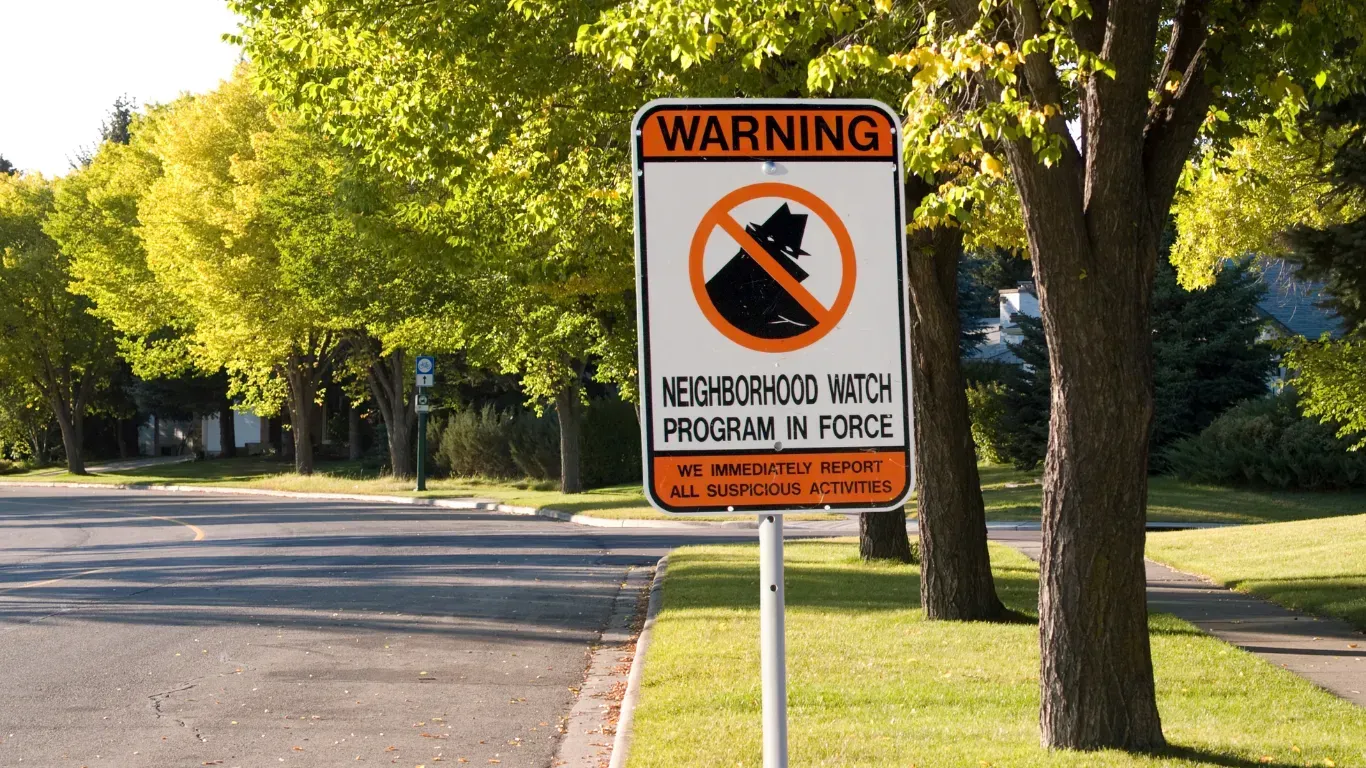Scams Targeting Alzheimer’s Patients and Their Families: How to Recognize and Protect Against Exploitation
This article has been written by Vivian Havlin

Scams Targeting Alzheimer’s Patients and Their Families: How to Recognize and Protect Against Exploitation
by Vivian Havlin
Alzheimer’s disease is often thought of as something that only affects the elderly, but that’s not the whole story. While it is most common in older adults, Alzheimer’s can strike earlier. Early-onset Alzheimer’s, diagnosed before the age of 65, affects thousands every year, and there are even rare cases in people as young as their twenties. No matter the age, the toll is devastating—on memory, on decision-making, and on the everyday routines most of us take for granted.
What makes it even harder is that people living with Alzheimer’s become especially vulnerable to scams and exploitation. Scammers see confusion, emotional strain, and family stress as opportunities to take advantage. And sometimes, the betrayal comes from the people you least expect, even relatives or trusted caregivers. When you combine memory loss, poor judgment, and the emotional weight this disease places on everyone involved, it creates the perfect storm for financial abuse, identity theft, and even outright fraud.
That’s why we need to talk openly about the scams that target people with Alzheimer’s and their families, how they work, and the steps we can take to prevent them.
The Scams Families Need to Watch For
One of the biggest dangers is financial exploitation. Sometimes it comes from outside scammers, and other times, heartbreakingly, from people close to the patient. A caregiver or family member might quietly withdraw money, transfer accounts, or gain control of assets without permission. Other times it’s strangers who slip in through unauthorized charges, stolen credit card details, or fraudulent withdrawals—things that can be hard for someone with Alzheimer’s to catch. Families can lower the risk by putting protections in place, like joint accounts, trusts, or powers of attorney, and by keeping a close eye on bank statements. Limiting who has access to important documents and passwords is also key.
Another common scam plays on hope and desperation: fake health cures and medical fraud. Families desperate for answers may come across ads for “miracle” treatments, miracle pills, or unproven therapies that claim to reverse or slow the disease. Scammers also impersonate Medicare or insurance providers, offering fake benefits or asking for payments. The best defense here is to pause and verify. Talk to doctors before considering any new treatments and go directly to Medicare or your insurance company if something doesn’t sound right. If it requires an upfront payment and promises the impossible, it’s almost certainly a scam.
Telephone scams are another big threat. Scammers call pretending to be a relative in trouble, a government official, or even a charity representative. They pressure the patient to send money quickly or share personal information. Some even trick patients into thinking they’ve won a prize, but only if they pay a “fee” first. Because people with Alzheimer’s may forget conversations or feel intimidated, these scams can be very effective. Families should encourage loved ones never to share personal details over the phone and always verify identities by calling back with a trusted number. Setting up call blocks or spam filters can also go a long way.
Scammers have also moved online. Even if a patient doesn’t use the internet directly, they may still be exposed through emails, websites, or ads shown to them by caregivers. Phishing emails that look legitimate ask for sensitive details, while fake online stores advertise discounted Alzheimer’s products or medications that never arrive. To stay safe, avoid clicking on suspicious links, make sure websites are secure (https” in the URL), and use monitoring tools to block suspicious activity.
Lastly, the growing need for in-home care or assisted living opens the door for another kind of scam. Families searching for help may run into fake caregivers who charge high fees but provide little or no care, or fraudulent facilities that demand large deposits and then disappear—or worse, leaving patients neglected. Protecting against this means doing homework: checking references, licenses, and reviews, and leaning on recommendations from trusted doctors, family, and friends. Confirming licensing and accreditation with state or local health authorities is also non-negotiable.
A Final Word
The truth is, Alzheimer’s doesn’t just steal memories, it can also leave patients and families vulnerable in ways most people don’t talk about. Scammers know this and will use every angle they can to take advantage. But families aren’t powerless. By staying alert, questioning what doesn’t feel right, and putting safeguards in place, you can make it much harder for scammers to succeed.
At the end of the day, awareness is everything. The more we know about these scams, the better we can protect our loved ones and ourselves from being taken advantage of during what is already one of life’s toughest battles.
On a personal note, have you watch “I care a lot”, I suggest watching this movie; it showcases how easy it can be to obtain fraudulent guardianship. And for all the wonderful caregiver out there you are not alone, please watch the documentary “Caregiving”. Lastly, don’t forget to visit https://www.alz.org/ it has personally helped me tremendously, I unfortunately have joined this community of caregivers, it’s not easy in fact it's the hardest thing I have done thus far and the last thing we should be worrying about is fraud, but there are opportunistic scammers preying on people with this unfortunate disease.
Until next time—stay informed, stay safe, and keep looking out for one another. Because when we know better, we protect better.
📞 Need help or have questions? Call us at
305-470-1670
🌐 Or visit
www.citizenscrimewatch.org



Share this article




